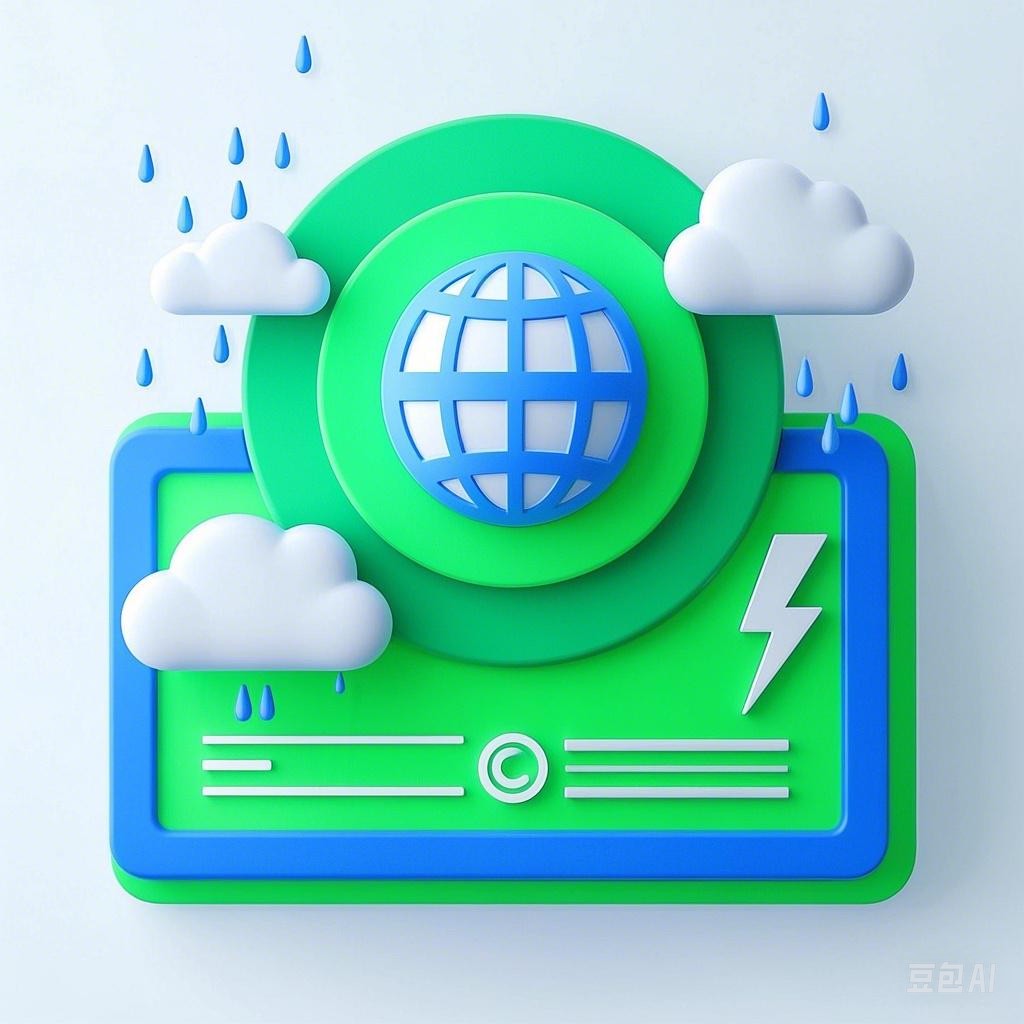Earthquakes are one of the most destructive natural phenomena, capable of causing widespread damage and loss of life. Understanding how to mitigate earthquake disasters is crucial for the safety of individuals and communities. This article provides essential tips for safety and preparedness to help mitigate the impact of earthquakes.
Understanding Earthquakes
What is an Earthquake?
An earthquake is a sudden shaking of the ground caused by the release of energy stored in the Earth’s crust. This energy is typically released along fault lines, which are fractures in the Earth’s crust where tectonic plates meet.
Causes of Earthquakes
The primary cause of earthquakes is the movement of tectonic plates. When these plates collide, pull apart, or slide past each other, stress builds up in the Earth’s crust. This stress is eventually released in the form of an earthquake.
Earthquake Magnitude and Intensity
- Magnitude measures the amount of energy released during an earthquake and is measured on the Richter scale. Higher magnitudes indicate more energy released.
- Intensity measures the strength of shaking at a specific location and is often measured using the Modified Mercalli Intensity scale.
Preparing for Earthquakes
1. Create an Emergency Plan
Develop an emergency plan for you and your family that includes:
- Meeting places: Identify safe locations to meet if you are separated during an earthquake.
- Communication: Establish a plan for how you will communicate with family members.
- Evacuation routes: Plan evacuation routes from your home and workplace.
- Emergency supplies: Assemble an emergency kit with essential supplies such as water, food, a first aid kit, flashlights, and a battery-powered radio.
2. Secure Your Home
Prevent damage to your home and personal belongings by securing items and structures:
- Secure heavy furniture: Anchor bookshelves, cabinets, and other heavy furniture to walls to prevent them from toppling over.
- Seismic retrofitting: Consider retrofitting your home to make it more earthquake-resistant. This can include adding bracing to walls, bolting water heaters and gas appliances, and reinforcing crawl spaces and foundations.
- Secure water heater: Secure your water heater to the wall to prevent it from falling over and causing damage.
3. Be Aware of Hazards
Identify potential hazards in your home and workplace and take steps to mitigate them:
- Gas lines: Turn off the main gas valve if you smell gas or if you have been advised to do so by authorities.
- Electrical systems: Turn off electrical power at the main breaker if you are instructed to do so by authorities or if the power goes out.
- Roofing and walls: Check for cracks in your home’s foundation, walls, and roof. If you find any, have them repaired before an earthquake occurs.
Safety During an Earthquake
Drop, Cover, and Hold On
During an earthquake, follow the “Drop, Cover, and Hold On” procedure:
- Drop: Quickly drop to the ground to prevent being knocked down by falling debris.
- Cover: Cover your head and neck with one arm and hand to protect yourself from falling debris.
- Hold On: Hold on to something sturdy until the shaking stops.
Stay Inside Until It’s Safe
Stay inside until the shaking stops and you are sure it is safe to go outside. If you are outside, move to an open area away from buildings, streetlights, and utility wires.
Avoid Elevators
Stay away from elevators during an earthquake. If you are in an elevator, use the emergency alarm to call for help.
Follow Instructions from Authorities
Listen to emergency broadcasts and follow instructions from authorities.
After the Earthquake
Check for Injuries
Provide first aid to anyone who is injured and call for emergency assistance if needed.
Check for Damage
Inspect your home for damage and be aware of any hazards, such as gas leaks or downed power lines.
Reconnect with Family and Friends
Use your emergency plan to reconnect with family and friends.
Evacuate if Necessary
Follow instructions from authorities if you are advised to evacuate your home or area.
By following these essential tips for safety and preparedness, you can help mitigate the impact of earthquakes and protect yourself and your loved ones. Remember, preparedness is key to surviving and recovering from an earthquake disaster.
